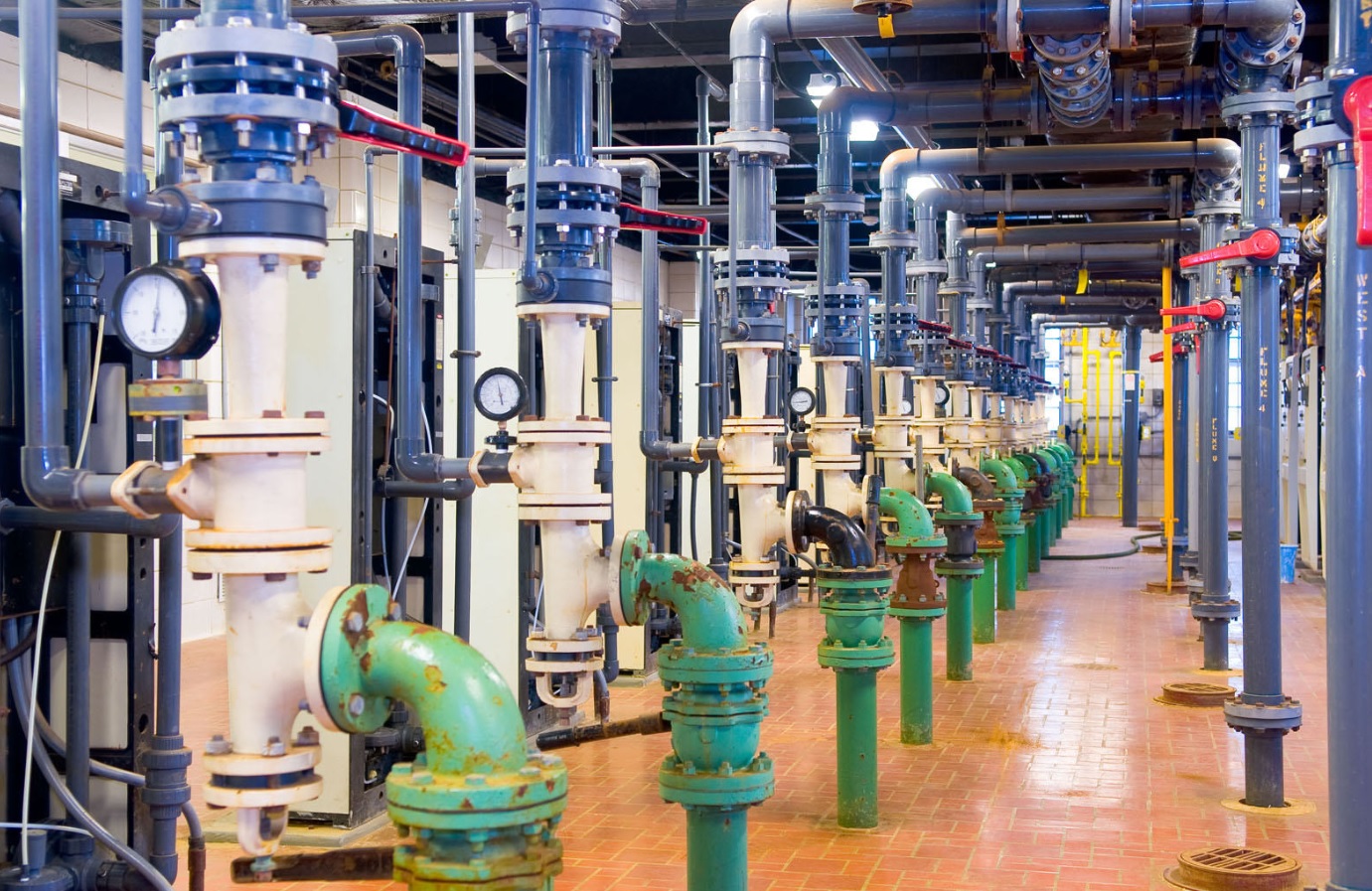Concerned over lack of electricity back-up capacity at Rooiwaal WWTW
Speaking during his visit at the Rooiwaal WWTW, Mahlobo said it was a serious concern that the treatment works did not have the electricity backup system that should kick in, should it face challenges of an electricity shutdown.

- Country:
- South Africa
Water and Sanitation Deputy Minister David Mahlobo has raised concerns at the lack of electricity back-up capacity at the Rooiwaal Wastewater Treatment Works (WWTW), which has left large parts of Hammanskraal without reliable water supply for weeks.
Speaking during his visit at the Rooiwaal WWTW, Mahlobo said it was a serious concern that the treatment works did not have the electricity backup system that should kick in, should it face challenges of an electricity shutdown.
The treatment works were struck by lightning on 18 October 2019, leading to the treatment of wastewater being severely affected.
This happened as the City of Tshwane and the department work to revitalize the treatment works which is currently working below capacity.
This has a direct impact on the quantity and quality of the Temba Water Treatment works which supplies part of the water required for Hammanskraal.
Mahlobo said the water shortages have been enormous and affecting the community in general, especially the farming community.
He said he has been informed that samples of the water supplied indicated that there were signs the groundwater was also contaminated.
The Deputy Minister expressed his concerns about the time it had taken for the power to be restored, emphasizing that water was important to members of the community, thus a quick turnaround time was crucial.
“There are certain sectors that are affected such as health facilities and education. This is even worse because of the heatwave.
“We should, therefore, intensify our efforts to supply water to communities by means of water tankers and also ensure people know when and where this will happen,” Mahlobo said.
He added that the department in conjunction with the City of Tshwane will ensure that a Delivery Service Model is implemented as a way of notifying communities affected by water interruptions, particularly in terms of the times for delivery and delivery points.
Mahlobo also met with senior staff at Jubilee Hospital, where he expressed regret at the water challenges.
He committed the department and the City of Tshwane to ensure that the hospital and surrounding areas are provided with good quality water, while work to capacitate the Rooiwaal Wastewater Treatment Works is fast-tracked.
(With Inputs from South African Government Press Release)










